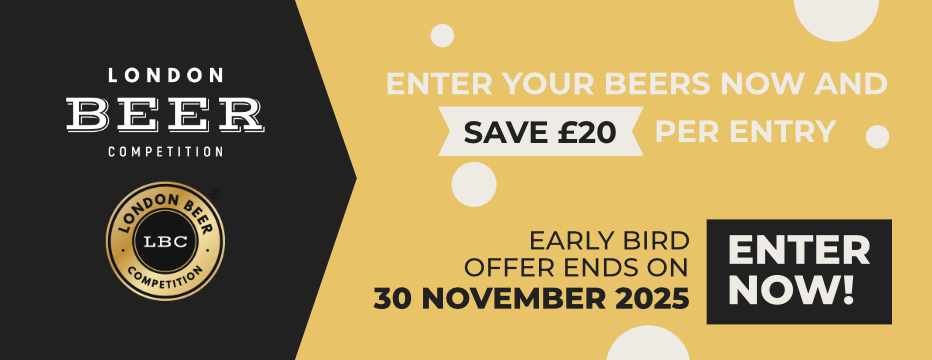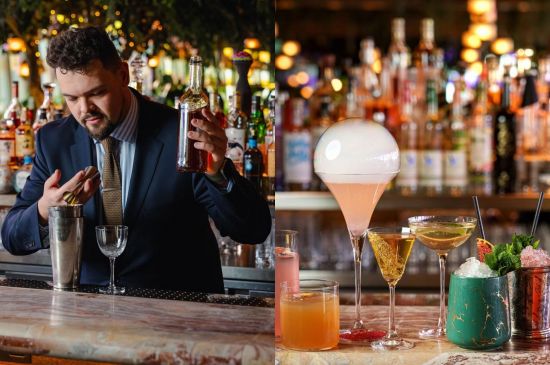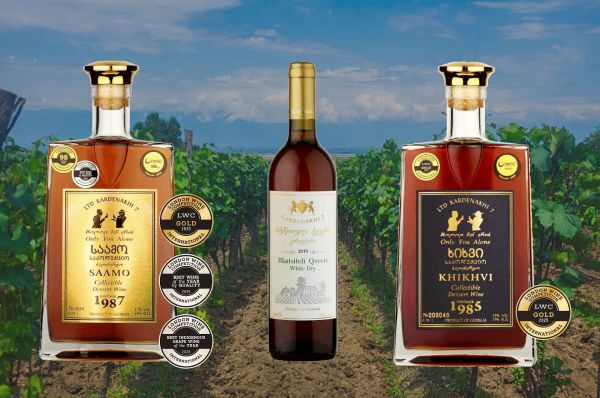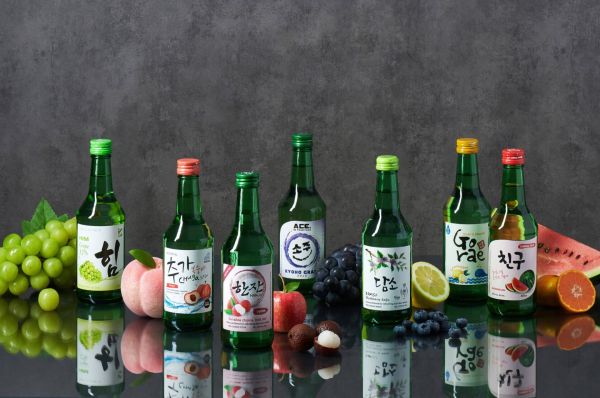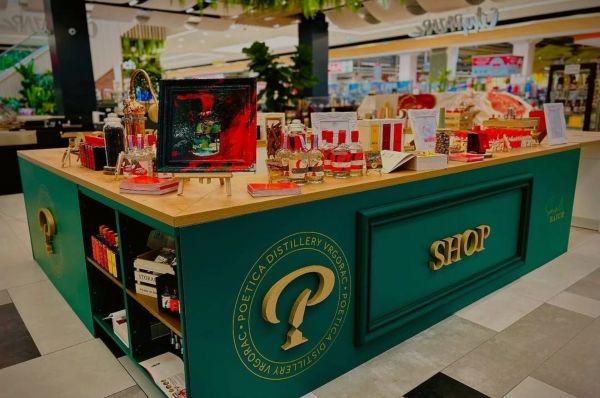
29/07/2024 Analyzing how Millennials and Gen Z are redefining the bar scene with their unique preferences and experiential demands.
Analyzing how Millennials and Gen Z are redefining the bar scene with their unique preferences and experiential demands.
Millennials and Gen Z are reshaping the bar scene with their distinct drinking habits, driven by health consciousness, sustainability, social media influence, and a desire for unique experiences. Unlike previous generations, these younger consumers favor lower-alcohol and non-alcoholic beverages, and their choices are often influenced by ethical considerations. The rise in popularity of brands offering sophisticated non-alcoholic spirits reflects this shift. Bars and restaurants need to adapt to these changing preferences to remain relevant and attract this influential demographic.
Health and wellness are paramount for Millennials and Gen Z, leading to an increased demand for low-alcohol and non-alcoholic drinks. Low-alcohol beers and wines have seen a surge in sales, while non-alcoholic brands like Seedlip have gained popularity. These consumers seek beverages that fit into a healthier lifestyle, driving bars to expand their menus to include such options. Sustainability and ethical consumption are also critical factors for these generations. They prefer products that are organic, locally sourced, and sustainably produced. The craft beer movement, for instance, has gained a robust following among younger drinkers who appreciate the artisanal approach and quality. Organic wines and spirits are also becoming more popular, as brands like Abel & Cole and Belvoir Fruit Farms emphasize sustainable practices.
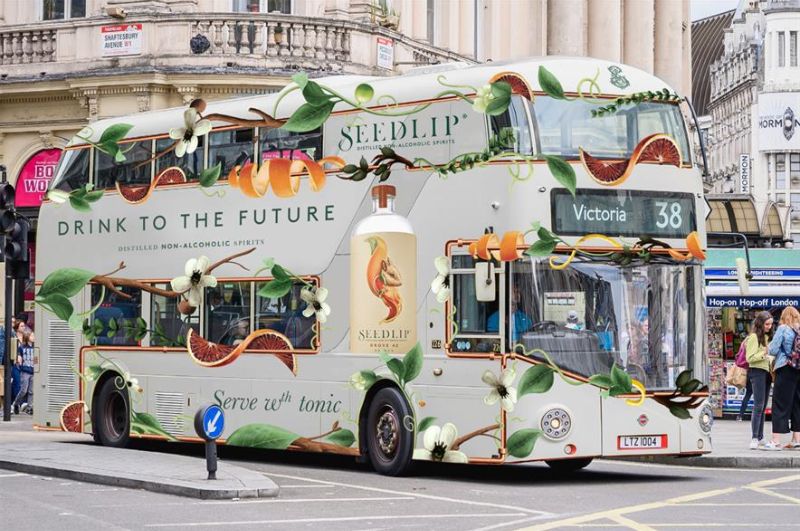
Source: Campaign
Social media plays a significant role in shaping the drinking habits of this age group. They are drawn to visually appealing drinks that they can share on platforms like Instagram. Creative cocktails with unique garnishes, unusual glassware, and dramatic presentations attract younger customers. An aesthetically pleasing bar environment also matters as beautiful spaces drive foot traffic from these demographics. Bars like Blame Gloria, Little Orange Door, and Tonight Josephine have capitalized on this trend, becoming some of the most Instagrammable bars in London with their vibrant, stylish interiors and photogenic drinks. Engaging with customers through social media is crucial, with bars maintaining active profiles on major social media platforms. Encouraging user-generated content through hashtags and social media contests can serve as effective marketing.
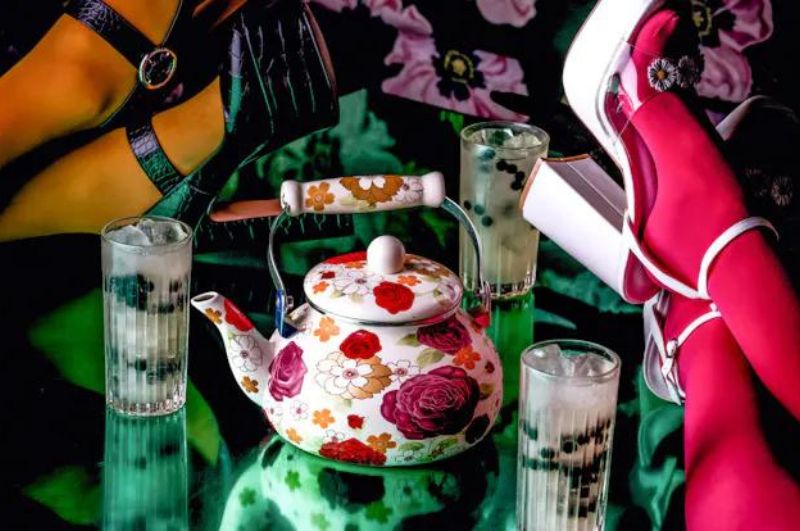
Source: Blame Gloria
Experiential drinking is highly valued by Millennials and Gen Z, who prefer bars offering unique and memorable experiences. Themed bars, whether vintage speakeasies or futuristic sci-fi lounges, can attract curious customers. Interactive elements like mixology classes, tasting sessions, and interactive drink-making can enhance the overall experience. For instance, Cahoots in London, a 1940s-themed bar set in a disused underground station, offers a distinctive and immersive experience that appeals to young adults. Music and entertainment are integral to the bar experience for these generations. Bars that offer live music, DJ sets, or other forms of entertainment are more likely to attract a younger crowd. Regular live music nights featuring local bands or up-and-coming artists create a lively atmosphere, while DJ nights with popular genres drive significant foot traffic.
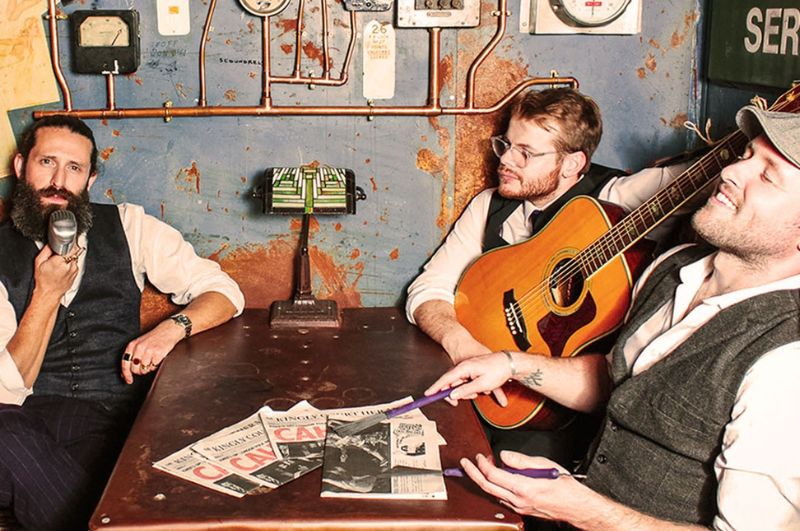
Source: Cahoots
Technological integration is essential for bars targeting this age segment. These tech-savvy consumers prefer the convenience of mobile payments and apps. Offering payment options like Apple Pay, Google Wallet, and contactless card payments streamlines transactions. Developing a bar app can enhance customer engagement with features like loyalty programs, drink menus, and event calendars. Innovative technologies like virtual reality and augmented reality can offer unique experiences that set a bar apart from the competition. AR menus providing detailed information about drinks and VR experiences such as virtual distillery tours can enhance the customer experience.
To cater to the diverse tastes of Millennials and Gen Z, bars should offer inclusive menus with vegan and gluten-free options. International flavors and ingredients can appeal to adventurous drinkers looking to try something new. Personalization is also key, with bars offering customizable drinks for a tailored experience. Custom cocktails allowing customers to choose their preferred spirits, mixers, and garnishes can enhance satisfaction. Developing unique signature drinks that can’t be found elsewhere creates a sense of exclusivity.
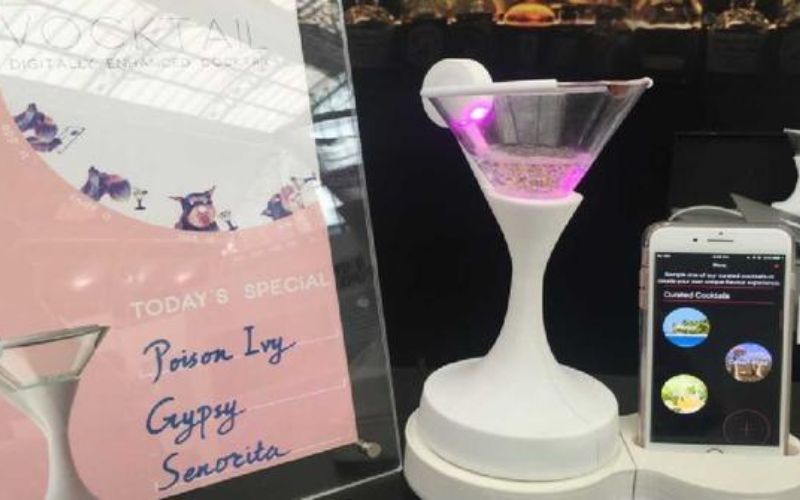
Source: Interesting Engineering
Understanding the drinking habits of Millennials and Gen Z is crucial for the success of bars. These generations value health, sustainability, and unique experiences, and their preferences are heavily influenced by social media and technology. By catering to these tastes, bars can attract and retain a loyal customer base. Embracing these trends and continuously evolving with the preferences of younger drinkers will ensure that bars remain relevant and popular in an ever-changing market. Focusing on health-conscious options, sustainable practices, visually appealing and shareable drinks, unique experiences, technological integration, and diverse and personalized offerings can effectively tap into the lucrative Millennial and Gen Z markets. The key is to stay informed about their evolving preferences and to be willing to innovate and adapt.
Header Image Source: In-Sight
TAGS:
 The On Trade
The On Trade 

